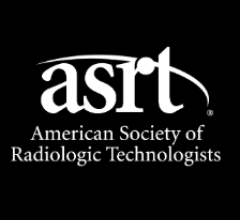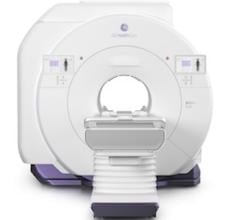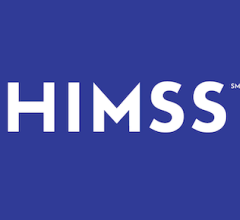
Getty Images
September 11, 2020 — The Radiological Society of North America (RSNA) has launched its fourth annual artificial intelligence (AI) challenge, a competition among researchers to create applications that perform a clearly defined clinical task according to specified performance measures. The challenge for competitors this year is to create machine-learning algorithms to detect and characterize instances of pulmonary embolism.
RSNA collaborated with the Society of Thoracic Radiology (STR) to create a massive dataset for the challenge. The RSNA-STR Pulmonary Embolism CT (RSPECT) dataset is comprised of more than 12,000 CT scans collected from five international research centers. The dataset was labeled with detailed clinical annotations by a group of more than 80 expert thoracic radiologists.
“The dataset created for this year’s challenge is the largest publicly available collection of expert-annotated pulmonary embolism CT data for AI,” said John Mongan, M.D., M.P.H., vice chair of the Machine Learning Steering Subcommittee of the RSNA Radiology Informatics Committee. “We anticipate that this year’s challenge will ignite interest in pulmonary embolism detection as an AI use case by demonstrating what can be achieved with a very large, well annotated multi-institutional dataset, and will advance radiology toward improving patient care with AI.”
Last year’s intracranial hemorrhage detection and classification challenge attracted more than 1,300 teams to develop algorithms to identify and classify subtypes of hemorrhages on head CT. The dataset, comprised of more than 25,000 head CT scans, was the first multiplanar dataset used in an RSNA AI Challenge.
RSNA organizes these challenges to spur the creation of AI tools that will enhance the efficiency and accuracy of radiologic diagnoses.
To build these tools, AI researchers need access to volumes of imaging data annotated by expert radiologists. Data challenges engage the radiology community to develop such datasets, which provide the standard of truth in training AI systems to perform tasks relevant to diagnostic imaging.
In a challenge, researchers compete on how well their AI models perform defined tasks according to specified performance measures. Each AI challenge explores and demonstrates the ways AI can benefit radiology and improve patient care.
The RSNA-STR Pulmonary Embolism Detection Challenge is being conducted on a platform provided by Kaggle, Inc., and is open to everyone. For the first time this year, RSNA’s challenge will adopt the approach of a code submission competition, intended to produce models that are more efficient and readily usable. Final models must be submitted by October 26. The top 10 performing competitors will be awarded a total of $30,000.
Results will be announced on November 23, and the top submissions will be recognized during the virtual RSNA annual meeting (RSNA 2020, Nov. 29 – Dec. 5).
For more information on the challenge, visit RSNA.org/AI-image-challenge or Kaggle.com/pulmonary-embolism-detection. The AI data challenges are organized by the RSNA Radiology Informatics Committee: [email protected].


 February 20, 2026
February 20, 2026 









